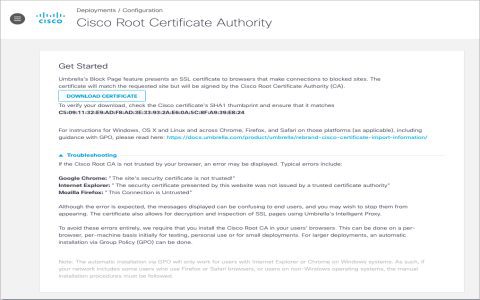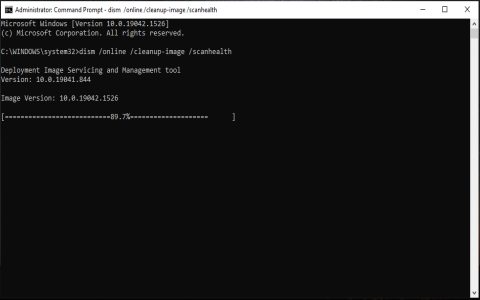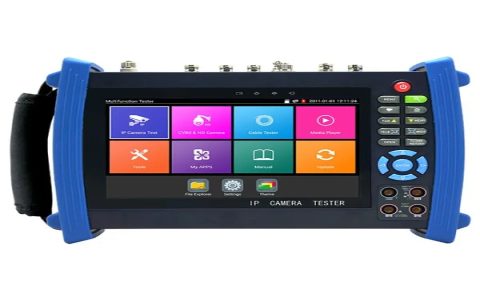Understanding Chromixium OS
Chromixium OS was a Linux distribution specifically designed to replicate the look, feel, and functionality of Google's Chrome OS. It was based on a lightweight Ubuntu LTS (Long Term Support) release, aiming to provide a fast, secure, and simple web-centric computing experience. The project targeted users who appreciated the Chrome OS philosophy but wanted to run it on a wider variety of hardware or have more underlying system control.
Download Availability of Chromixium OS
Chromixium OS is a discontinued project, and official downloads are no longer available. The development ceased, and the official website and download sources were taken offline. The last stable version released was Chromixium 1.5.
While ISO files for Chromixium OS might be found on unofficial third-party archives or peer-to-peer networks, it is crucial to exercise extreme caution. Downloading operating systems from unverified sources poses significant security risks, including the potential for embedded malware or tampered files. For security and stability reasons, obtaining Chromixium OS from such sources is strongly discouraged.

Successor and Current Status
Chromixium OS was later succeeded by a project named Cub Linux. Cub Linux aimed to continue the development and vision of Chromixium. However, Cub Linux has also been discontinued. Therefore, there are no currently active or officially supported versions of either Chromixium OS or its direct successor.
Alternatives for a Chrome OS-like Experience
For users seeking a lightweight, web-focused operating system similar to what Chromixium OS aimed to provide, several modern alternatives exist:
- Chrome OS Flex: An official offering from Google that allows you to install Chrome OS on existing PC and Mac hardware. This is the most direct and supported path for a Chrome OS experience on non-Chromebook devices.
- FydeOS: A Chromium OS-based operating system that provides a similar experience and often includes additional features like Android app support.
- Lightweight Linux Distributions: Consider distributions such as Lubuntu, Zorin OS Lite, or Peppermint OS. These can be configured with a minimal set of applications and a primary focus on web browsing to achieve a similar lean experience.
When choosing an alternative, prioritize projects that are actively maintained and have a strong community or official support to ensure ongoing security updates and stability.









